All-party group calls for better worker protections against AI
Proposed law would give more collective rights to unions to challenge the use of artificial intelligence in the workplace


An all-party parliamentary group is calling for the government to establish new legislation to regulate the use of AI in the workplace, including additional collective rights for unions to exercise legal action their members’ behalf.
A new Accountability for Algorithms Act (AAA) should be established to enshrine new protections for workers against AI-based surveillance and monitoring, according to the All-Party Parliamentary Group on the Future of Work, in a new report published today.
The act would seek to include more essential protection for workers to protect them from adverse effects algorithmic systems, including an easy-to-access right for a full explanation of purpose, outcomes, and significant impacts of algorithmic systems at work, as well as a means for redress. An impact assessment would also need to be performed at earliest stage of design and deployment of any systems destined for the workplace.
The report said that there has been a marked increase in the use of AI technologies in the workplace, and that the use of algorithmic surveillance, management, and monitoring technologies, used as part of an advisory function, have significantly increased during the pandemic.
Pervasive monitoring and target setting technologies are also associated with pronounced negative effects on mental and physical wellbeing as workers experience the extreme pressure of constant, real-time micro-management and automated assessment, it added.
Lastly, the group said that workers don’t understand how personal information is used to make decisions about the work they do, leading to low levels of trust in the ability of AI technologies to make or support decisions about work or workers, especially as there isn’t a way to challenge or seek redress.
The report has called for some additional collective rights for unions and specialist third sector organisations to exercise new duties on members or other groups’ behalf. It adds this could be supported by the government establishing an AI Partnership Fund to allow the TUC to build on and diversify its AI Working Group and develop training to give working people the tools and knowledge required to challenge the use of AI in the workplace as appropriate.
Get the ITPro daily newsletter
Sign up today and you will receive a free copy of our Future Focus 2025 report - the leading guidance on AI, cybersecurity and other IT challenges as per 700+ senior executives
“It's great to see MPs recognise the important role trade unions can play in making sure workers benefit from advances in technology," said TUC general secretary Frances O’Grady. "There are some much-needed recommendations in this report - including the right for workers to disconnect and the right for workers to access clear information about how AI is making decisions about them."
RELATED RESOURCE
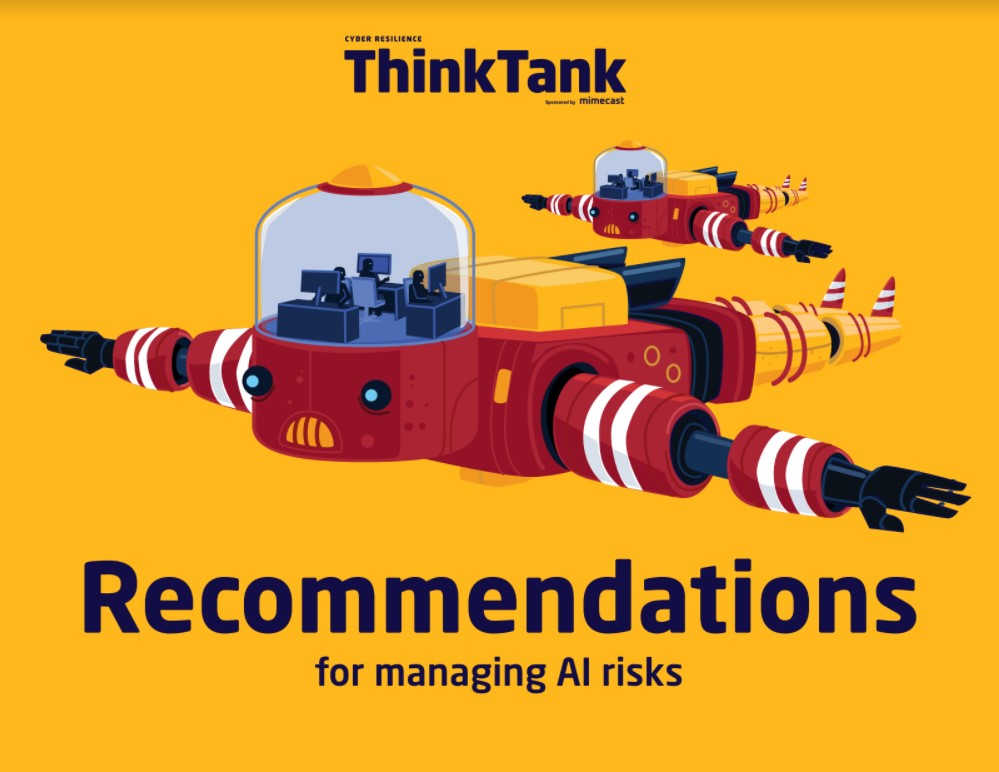
It also said that the Digital Regulation Cooperation Forum, the body responsible for digital regulation, should introduce certification and guidance for AI use, and that the Cabinet Office should initiate a Work 5.0 Strategy to investigate automation as a result of AI and other technologies.
“AI technologies have spread beyond the gig economy to control what, who, and how work is done,” said MP David Davis on Twitter, a chair of the group. “An Accountability for Algorithms Act is urgently needed to ensure fairness and transparency in the workplace.”
The group found that the UK’s laws have been significantly outpaced by pervasive use of AI in the workplace, and that the country’s existing framework of regulation is inadequate to promote both innovation and fair play. The group argued that challenges lie across data protection, labour, and equality laws, and warned that a comprehensive law change was the only way to address the problems as a whole.
Zach Marzouk is a former ITPro, CloudPro, and ChannelPro staff writer, covering topics like security, privacy, worker rights, and startups, primarily in the Asia Pacific and the US regions. Zach joined ITPro in 2017 where he was introduced to the world of B2B technology as a junior staff writer, before he returned to Argentina in 2018, working in communications and as a copywriter. In 2021, he made his way back to ITPro as a staff writer during the pandemic, before joining the world of freelance in 2022.
-
 The Race Is On for Higher Ed to Adapt: Equity in Hyflex Learning
The Race Is On for Higher Ed to Adapt: Equity in Hyflex LearningBy ITPro
-
 Google faces 'first of its kind' class action for search ads overcharging in UK
Google faces 'first of its kind' class action for search ads overcharging in UKNews Google faces a "first of its kind" £5 billion lawsuit in the UK over accusations it has a monopoly in digital advertising that allows it to overcharge customers.
By Nicole Kobie
-
 Ciphr appoints new sales chief as part of double leadership shakeup
Ciphr appoints new sales chief as part of double leadership shakeupNews Former GoTo executive Gerald Byrne will lead all sales activity at the HR and payroll solutions provider
By Daniel Todd
-
 How to choose an HR system
How to choose an HR systemWhitepaper What IT leaders need to know
By ITPro
-
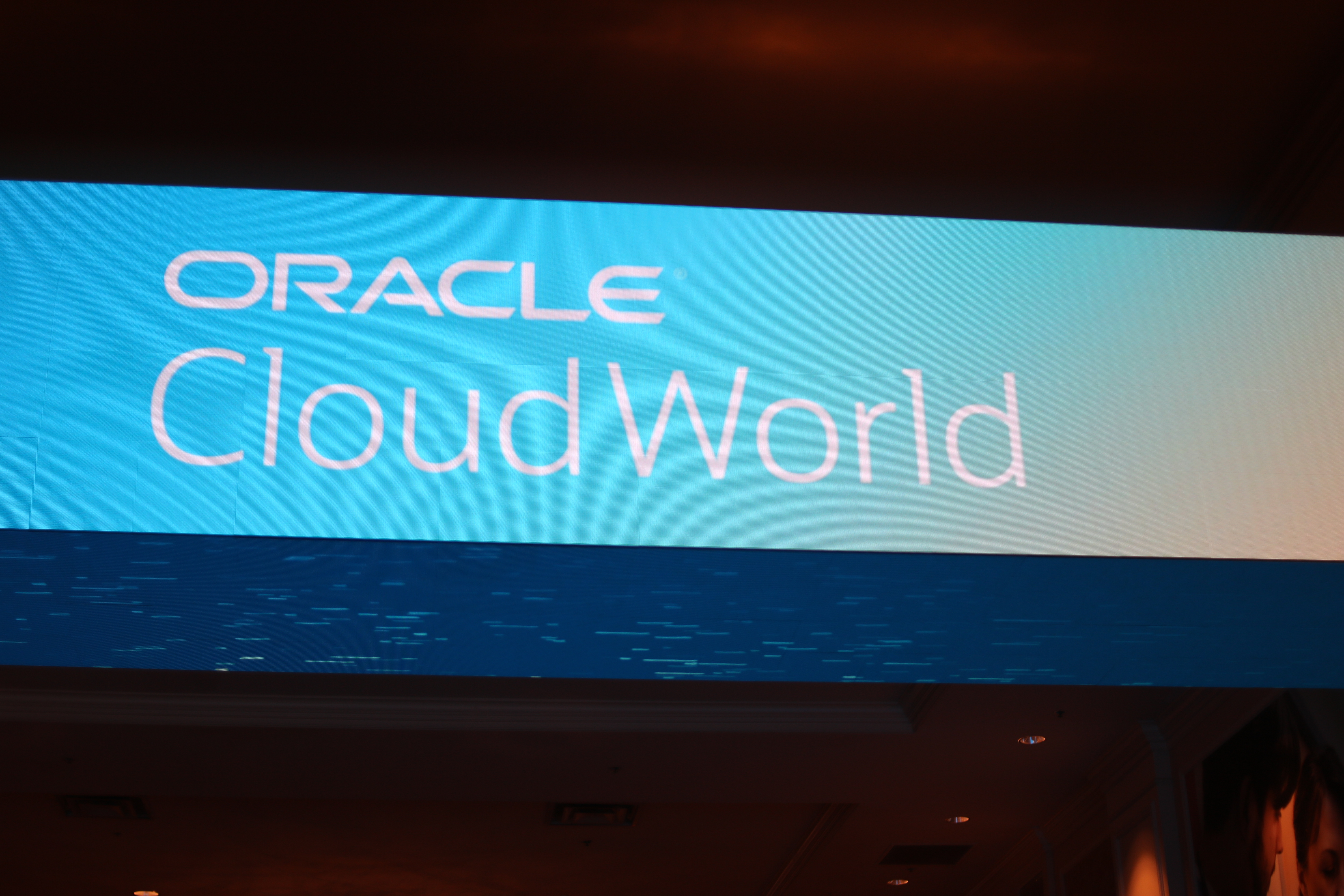 Oracle launches Recruiting Booster platform to improve talent acquisition
Oracle launches Recruiting Booster platform to improve talent acquisitionNews The tech giant aims to help businesses find the right candidates with an automated recruitment platform
By Bobby Hellard
-
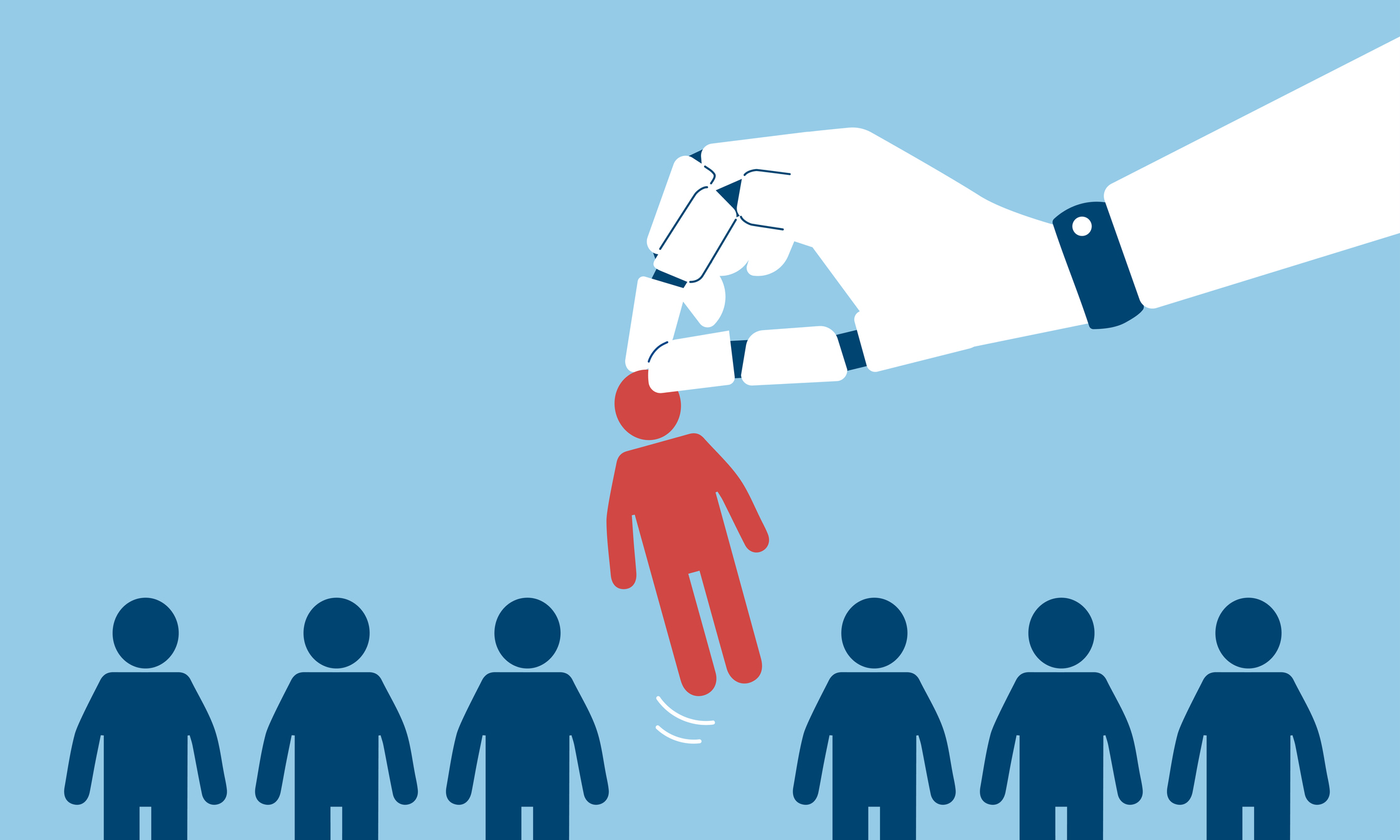 Hired by machines: Exploring recruitment's machine-driven future
Hired by machines: Exploring recruitment's machine-driven futureIn-depth As HR begins to incorporate AI, psychometrics, and digital twins, what does this mean for job seekers and businesses alike?
By David Howell
-
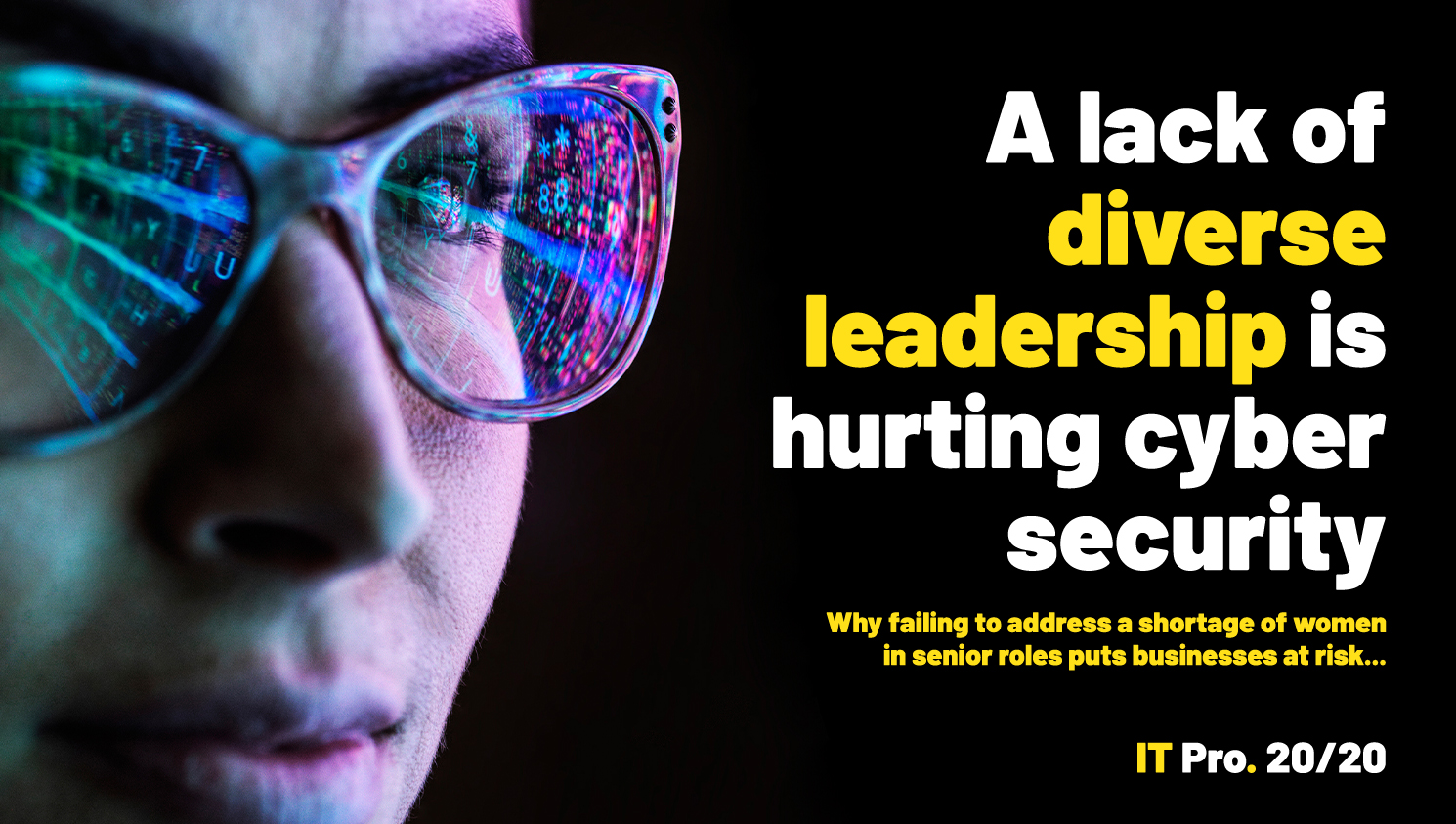 IT Pro 20/20: The problem with diversity in cyber security leadership
IT Pro 20/20: The problem with diversity in cyber security leadershipIT Pro 20/20 Why failing to address a shortage of women in senior roles puts businesses at risk - issue 23 is available to download now
By Dale Walker
-
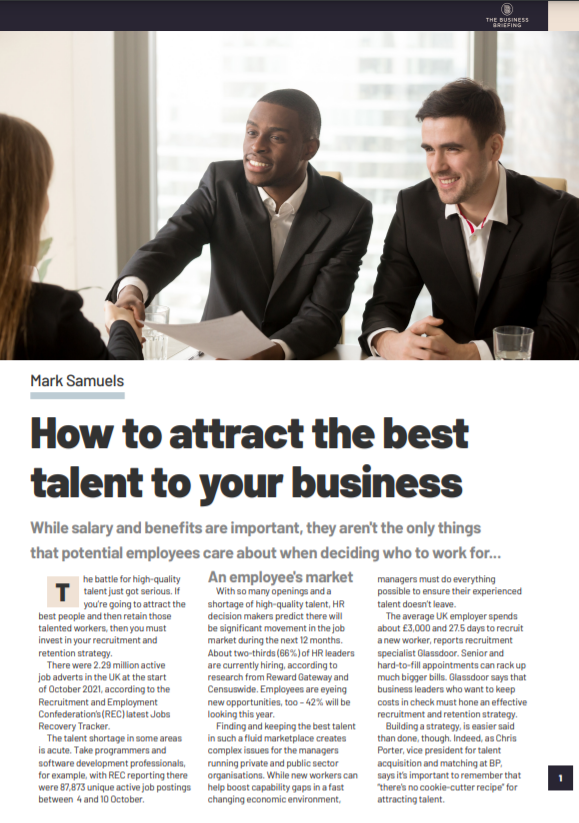 How to attract the best talent to your business
How to attract the best talent to your businessWhitepapers Sample our exclusive Business Briefing content
By ITPro
-
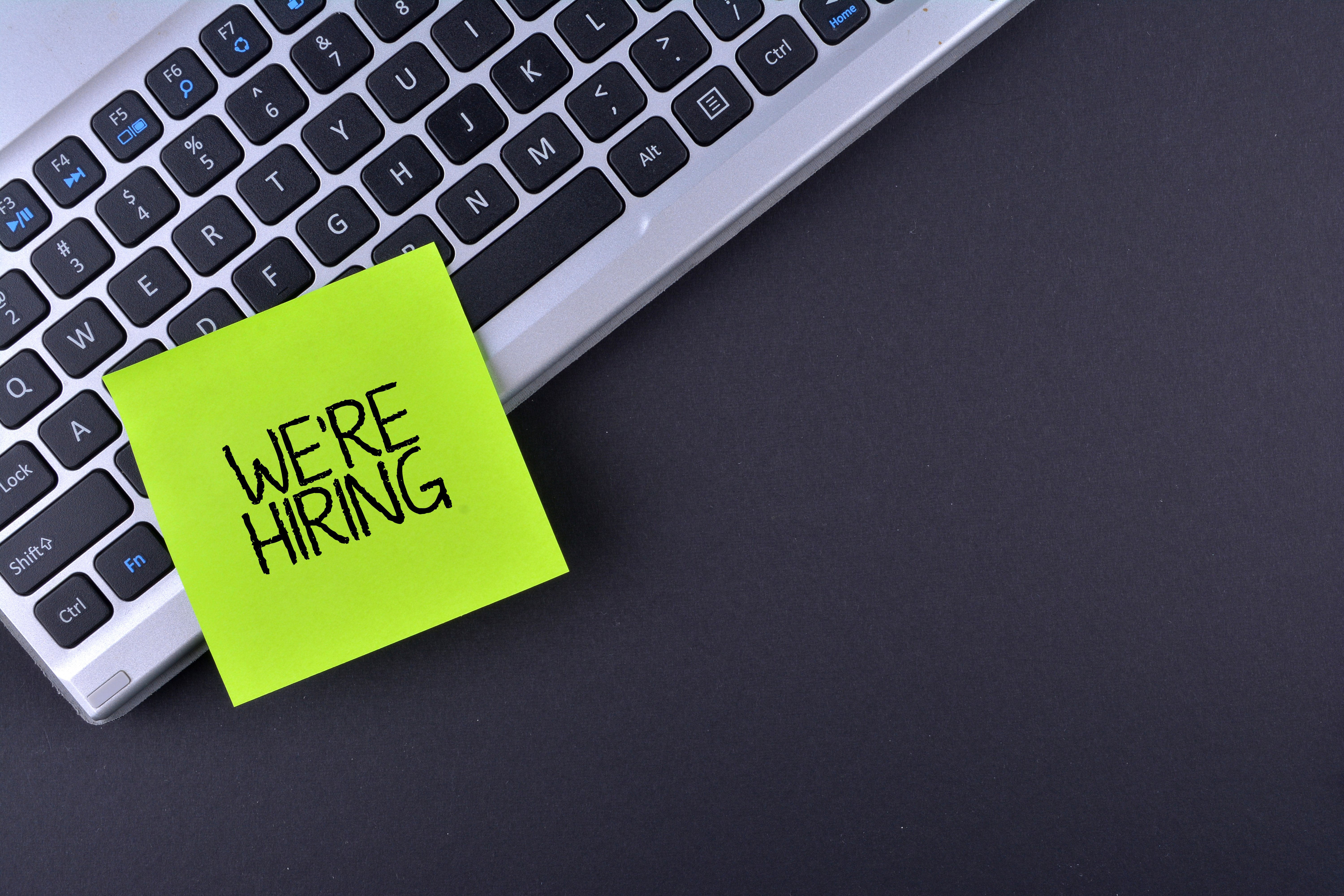 Deel raises $425M for its hiring, compliance and payments platform
Deel raises $425M for its hiring, compliance and payments platformNews The solution eliminates remote hiring hurdles and supports over 120 currencies
By Praharsha Anand
-
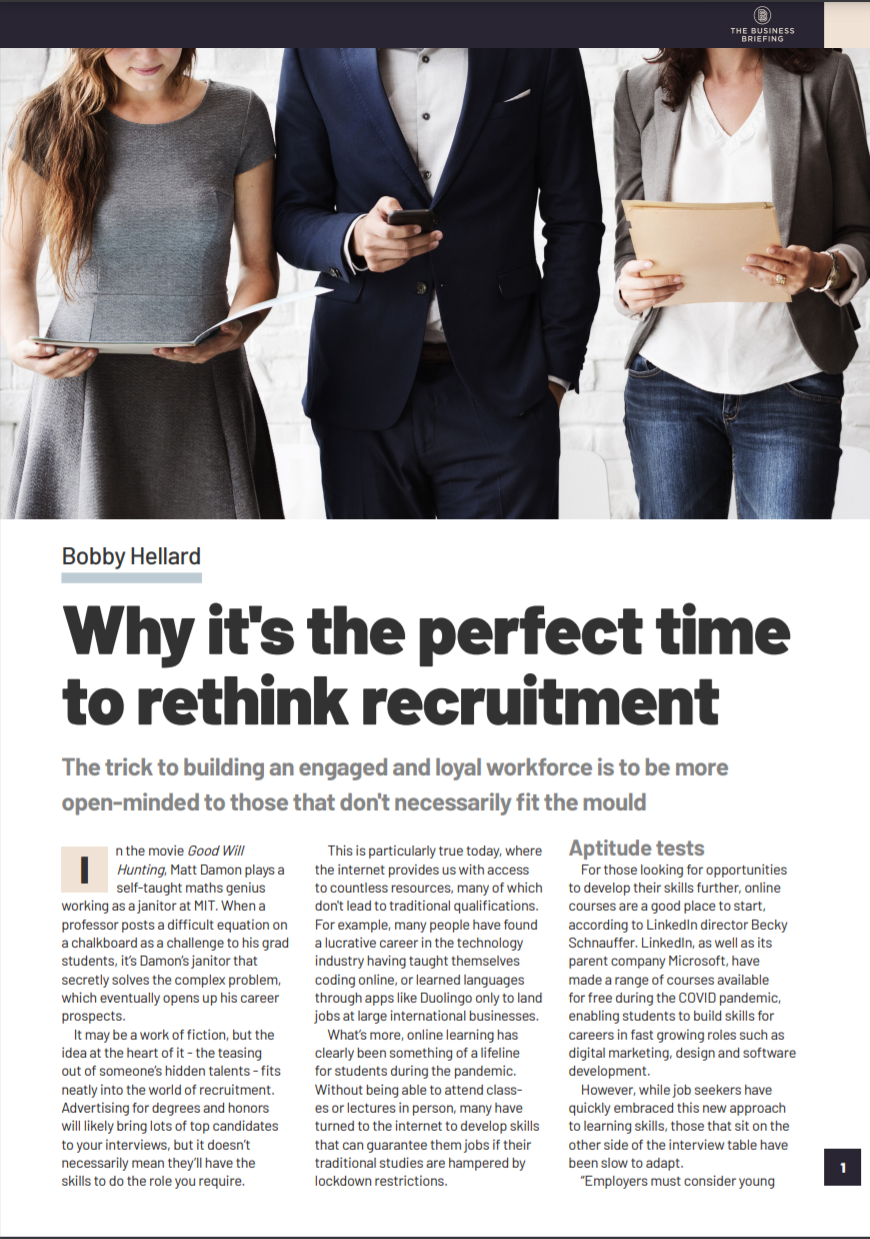 Why it's the perfect time to rethink recruitment
Why it's the perfect time to rethink recruitmentWhitepapers Sample our exclusive Business Briefing content
By ITPro